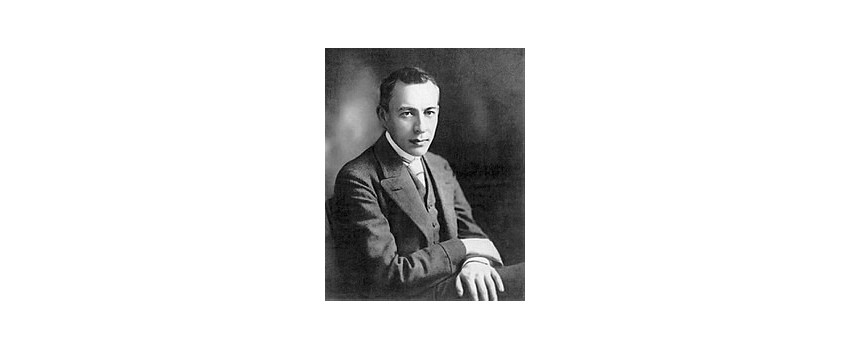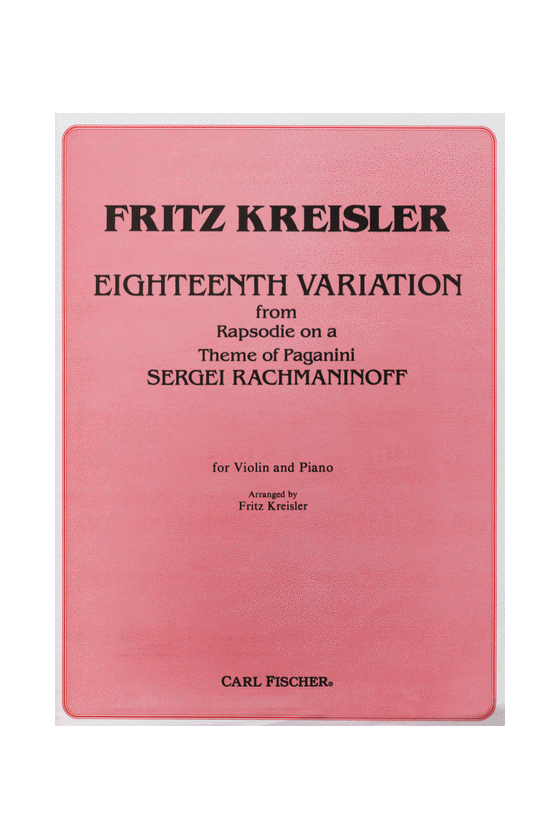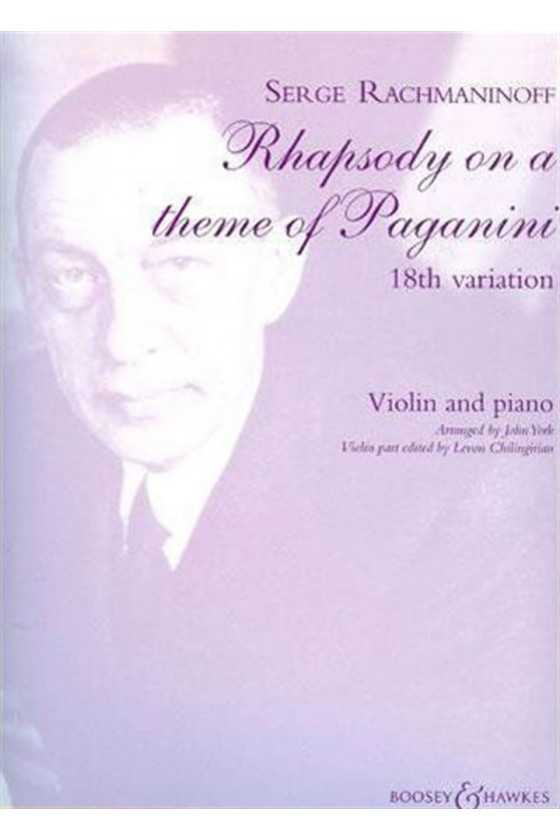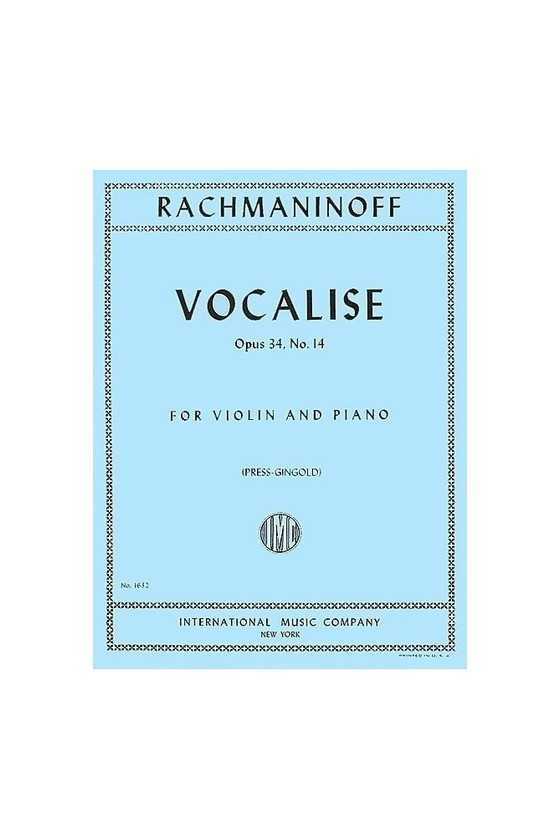Rachmaninoff, Sergei
Sergei Rachmaninoff, born on April 1, 1873, near Lake Ilmen in the Novgorod district, was the last significant figure of Russian Romanticism. Renowned as both a composer and a pianist, Rachmaninoff left an indelible mark on the world of classical music. His mesmerizing piano concerti and the iconic work "Rhapsody on a Theme by Paganini" continue to captivate audiences to this day.
Early Life and Musical Education
Sergei Rachmaninoff was born into a privileged family. His mother was the daughter of a general, while his father had previously served as an army colonel. However, their fortune took a drastic turn when his father lost the family's wealth in reckless financial ventures and eventually abandoned them. Despite this setback, Rachmaninoff's talents were recognized early on by his cousin, Aleksandr Siloti, a renowned concert pianist and conductor. Siloti recommended that Sergei study piano with the esteemed tutor and pianist Nikolay Zverev in Moscow.
Under Zverev's strict and disciplined guidance, Rachmaninoff flourished. He enrolled at the Moscow Conservatory, where he received a well-rounded education in music theory and composition. It was during his time at the conservatory that Rachmaninoff composed his one-act opera "Aleko" at the tender age of 19, based on Aleksandr Pushkin's poem "Tsygany" ("The Gypsies"). The opera garnered significant praise, earning Rachmaninoff a gold medal upon his graduation.
Breakthrough Compositions
Two compositions, in particular, launched Rachmaninoff's career as a composer and concert pianist. The first was the hauntingly beautiful "Prelude in C-sharp Minor," which premiered on September 26, 1892. This melancholic piece resonated with audiences and showcased Rachmaninoff's unique ability to evoke deep emotions through his music.
However, it was his Piano Concerto No. 2 in C Minor that truly solidified his success and reputation. Premiering in Moscow on October 27, 1901, the concerto received widespread acclaim and catapulted Rachmaninoff into the spotlight. The concerto's soaring melodies and virtuosic piano passages became instant favorites among audiences, solidifying Rachmaninoff's status as a master composer and pianist.
Personal Struggles and Triumphs
While Rachmaninoff's career soared, he faced numerous personal struggles throughout his life. Mental breakdowns plagued him, often triggered by the pressure of his performances or the loss of his works. Self-doubt and confusion cast a shadow over his creative spirit, leading to periods of extreme depression.
One of Rachmaninoff's darkest moments occurred after the disastrous premiere of his Symphony No. 1 in D Minor in March 1897. Poor conducting and scathing reviews crushed his confidence. It was during this time of despair that he sought the help of therapist Nikolay Dahl, who played a pivotal role in restoring Rachmaninoff's self-assurance. Dahl's guidance allowed Rachmaninoff to channel his emotions into his compositions, leading to the creation of his Piano Concerto No. 2, dedicated to Dahl.
Legacy and Influence
Despite his personal struggles, Sergei Rachmaninoff's contributions to music remain unparalleled. His compositions continue to be celebrated for their emotional depth, technical brilliance, and profound musicality. Rachmaninoff's influence extended far beyond his lifetime, inspiring generations of composers and musicians.
His legacy can be heard in the works of composers such as Sergei Prokofiev and Dmitri Shostakovich, who were deeply influenced by his romantic style. Rachmaninoff's piano concerti are staples of the classical repertoire, captivating audiences with their lush melodies and virtuosic passages.
Conclusion
Sergei Rachmaninoff's life and music are a testament to the power of artistic expression. From his early years studying under Nikolay Zverev to his breakthrough compositions and personal struggles, Rachmaninoff's journey shaped the course of classical music. His ability to evoke profound emotions through his compositions continues to resonate with audiences worldwide. As we celebrate the last great figure of Russian Romanticism, we honor Sergei Rachmaninoff's enduring legacy, which will undoubtedly inspire future generations of musicians and music lovers alike.




